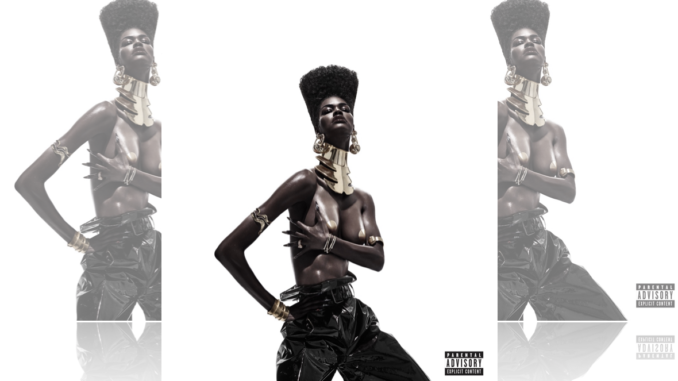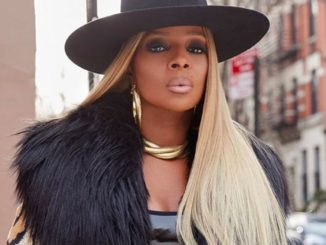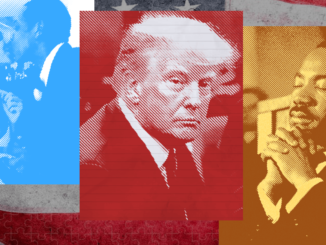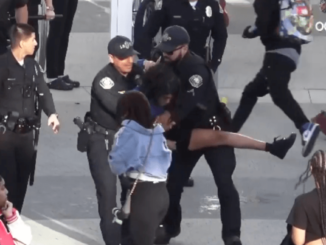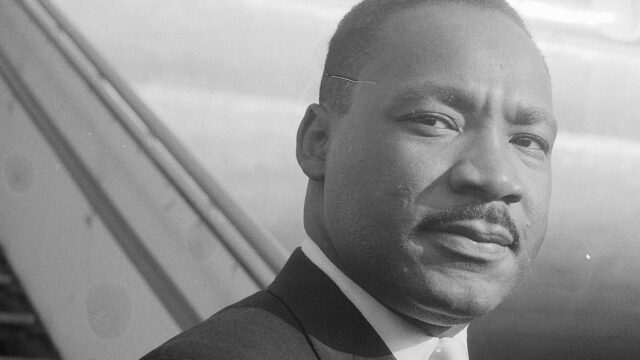
Around MLK Day, the memory of Dr. Martin Luther King, Jr. is often evoked by his famous speeches, “I Have A Dream” and “I’ve Been To The Mountaintop.” However, we hardly hear about the speech he delivered in the fall of 1967 to a group of high school students in Philadelphia.
In rare footage captured by an aspiring cameraman who was a mere preteen at the time, Dr. King offered students at Barratt Junior High School three key principles to establishing a blueprint for life. The 20-minute speech titled “What Is Your Life’s Blueprint?” was later reprinted in A Time to Break Silence: The Essential Works of Martin Luther King, Jr. and published by Beacon Press as a part of the King Legacy Series.
More than half a century after the delivery of the speech, the empowering words of wisdom from Dr. King still are necessary as the U.S. grapples with the aftermath of social unrest and the aggravating stubbornness of an unapologetic nation. Problems still persist in race relations despite the integration of society, normalization of interracial relationships, and a proven track record of diversity equating to profitability, along with this generation experiencing the very first recognized Black president in Barack Obama.
There’s no question that more work needs to be done, but if it weren’t for Dr. King’s courage to stir the conscience with introspective truths in the midst of an intimidated society, the criminal nature of racism may still be an openly acceptable standard of living.
In many cases, being a present-day racist requires a little more sophistication, and that often rears its ugly head via passive aggressive attitudes and micro-aggressions, or denial of access to resources that hides behind technicalities. It is for these reasons why the Reverend insisted that everyone follow a blueprint for life. His first words of advice pertained to the esteem of oneself.
“[Have] a deep belief in your own dignity, your own worth, and your own somebodyness,” Dr. King said. “Don’t allow anybody to make you feel that you are nobody.”
Although Dr. King was talking to his own community, his lesson on self-love can be applied universally. Indeed, it is difficult to value your neighbor if you have a hard time valuing yourself.
His second point addressed the need to be a person of excellence. Setting the bar high as an individual eventually translates to benefitting the greater good.
“You must have as a basic principle the determination to achieve excellence,” Dr. King continued. “When you discover what you’re going to be in life, set out to do it as if God Almighty called you at this particular moment in history to do it.”
Lastly, Dr. King was very aware that he was fighting against a strong force. The force was and is so strong that it has the ability to change even the most innocent in nature. With that said, Dr. King emphasized the need to maintain a high vibration and energy while in pursuit of justice.
Dr. King continued, “There must be a commitment to the eternal principles of beauty, love, and justice. Don’t allow anybody to pull you so low as to make you hate them. Don’t let anybody cause you to lose your self-respect to the point that you do not struggle for justice.”
With all the controversy surrounding statues in Dr. King’s honor, “What Is Your Life’s Blueprint?” serves as a reminder of what we lost when Dr. King transitioned from this earth, while simultaneously bringing to remembrance what we gained through his life’s work. Dr. King is more than a statue. Put respect on his name.
Watch Dr. King’s Speech “What Is Your Life’s Blueprint?” Below:
